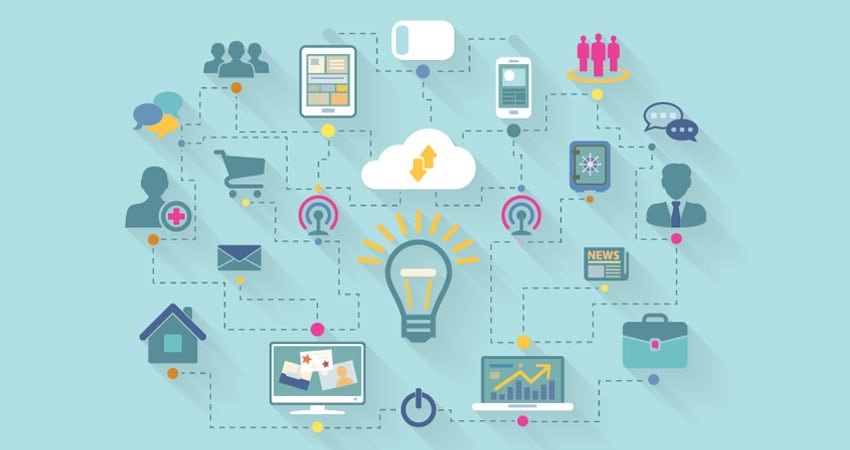In 2019, it’s no longer possible to deny the coming of data-driven disruption, which has touched industries from video gaming to grocery stores.
These trends have many companies running scared as they attempt to adjust to the new reality and remain competitive. They slap data solutions on top of their existing frameworks, hoping the patch will save a sinking ship. They hire data teams but don’t take the time to set them up for success. Too often, they proceed piecemeal and, as a result, don’t see strong results. According to a recent McKinsey survey, only 8% of companies are able to scale up data analytics pilots effectively.
In addition, many of these companies may have been burned before. For the past decade and a half, they’ve heard about the promise of “data lakes,” then “data warehouses,” then “Big Data.” Each time, technologists promised enormous advances in how businesses streamline operations and build customer relationships. Each time, the results fell short of expectations.
Is it any surprise that they have little faith that things are any different now? That they assume these data efforts will crash and burn no matter what they do?
The Time for Data Transformation is Now
Here’s the problem: Things are actually different now. Companies from Amazon to Apple to Allstate have proven that making effective use of modern, AI-driven data tools really does make a measurable difference in a company’s performance.
In particular, data can transform the customer experience. Amazon’s masterful command of logistics data has enabled it to set two-day shipping as a new industry standard. Customers now expect this speed from all other e-commerce companies—just like they expect that all insurers will let them file a claim with a smartphone photo and that all consumer tech companies will have a full record of their purchases on hand when they come in for repairs.
The data revolution that has been forecast for years is finally here. Now is not the time for companies to wait on the sidelines or fritter away resources on ineffective data initiatives.
However, effective use of data requires a massive cultural shift—and cultural shifts require enthusiastic buy-in. Coming at this type of systemic change from a negative, reactive mindset can hobble a company’s efforts before they even start.
Wield Power, Not Force
To succeed in a data-driven world, most companies will first need to adjust their attitudes. Of course, it’s always important to keep up with the competition. But “keeping up” isn’t enough. To really protect yourself from disruption, you need to become the disruptor. You need to harness power.
Let’s talk about force versus power. Force is fleeting. It feeds on whatever fuels it finds in the moment, such as an industry primed for disruption. It triggers a reaction—potentially a violent one—and then disappears.
If you let force run your business, you’ll end up like the companies that are running scared, adding data solutions slapdash—and always in reaction mode.
Power is something different. It’s the raw material that force is made from. It doesn’t require feeding, it just is—the same way gravity doesn’t need prompting to make an apple fall from a tree.
In business, people are the main source of power, and the people who are most important to a company are its customers. That’s why a company that’s looking to chart a safe course through the troubled waters of disruption should look to its customers first.
Focus on the Customer Experience
It all comes back to customer experience. When everything’s a commodity, it’s not about differentiation based on your products. But solve the customer experience problem, and you can become powerful. Even if you’re not Apple or Amazon, you could become one of the myriad other smaller companies, from Moleskine to Wayfair, that have deployed data effectively and built differentiation and deeper customer relationships based on better customer experiences.
Don’t just implement data solutions because they’re trendy. Ask yourself: What changes would make your customer experience better? How could data support your changes? Discard any data solutions that aren’t necessary to serve the people most important to your business. Invest in the solutions that move your customer experience forward. Starting with your customers and focusing on their specific needs can help narrow down the best path forward for you—in other words, how your company can harness power rather than simply reacting to forces.
Shawn Myers leads B2C Product Marketing for Oracle Marketing Cloud.

